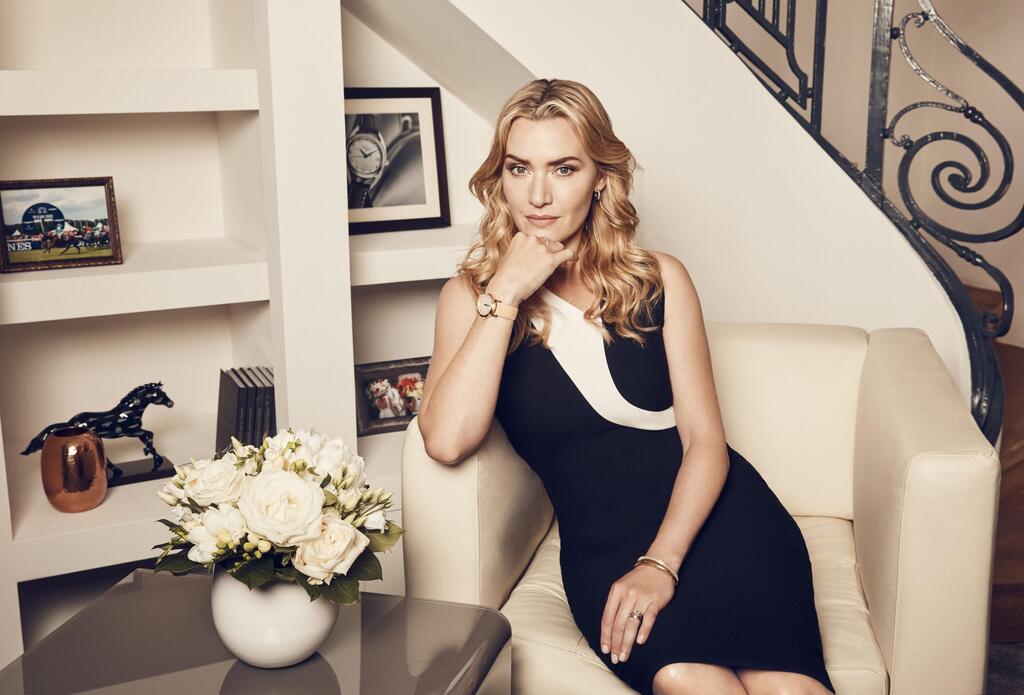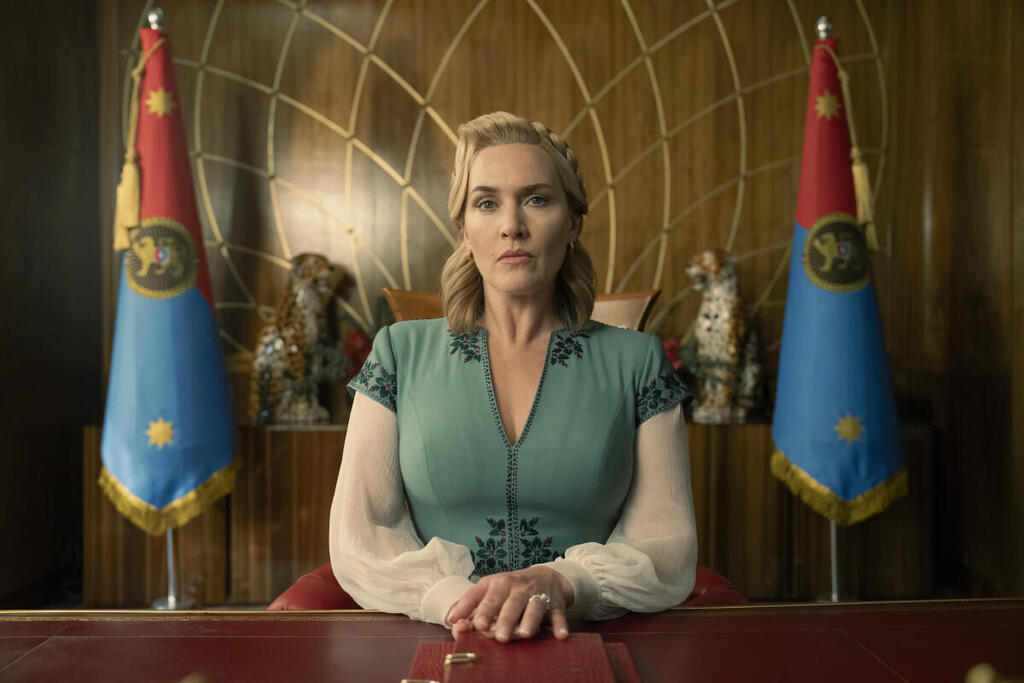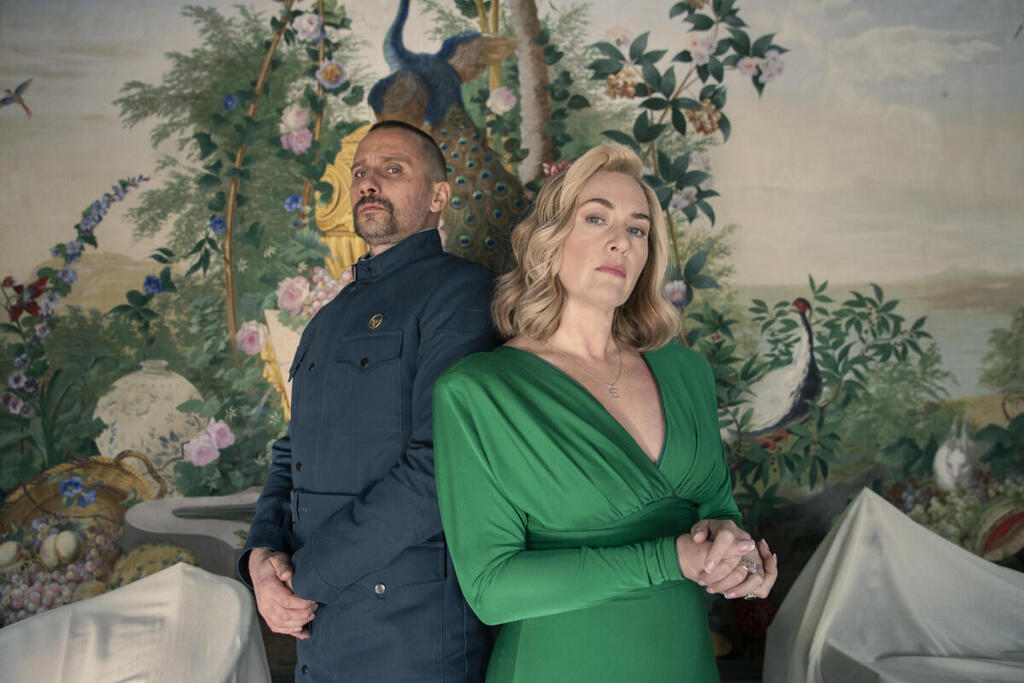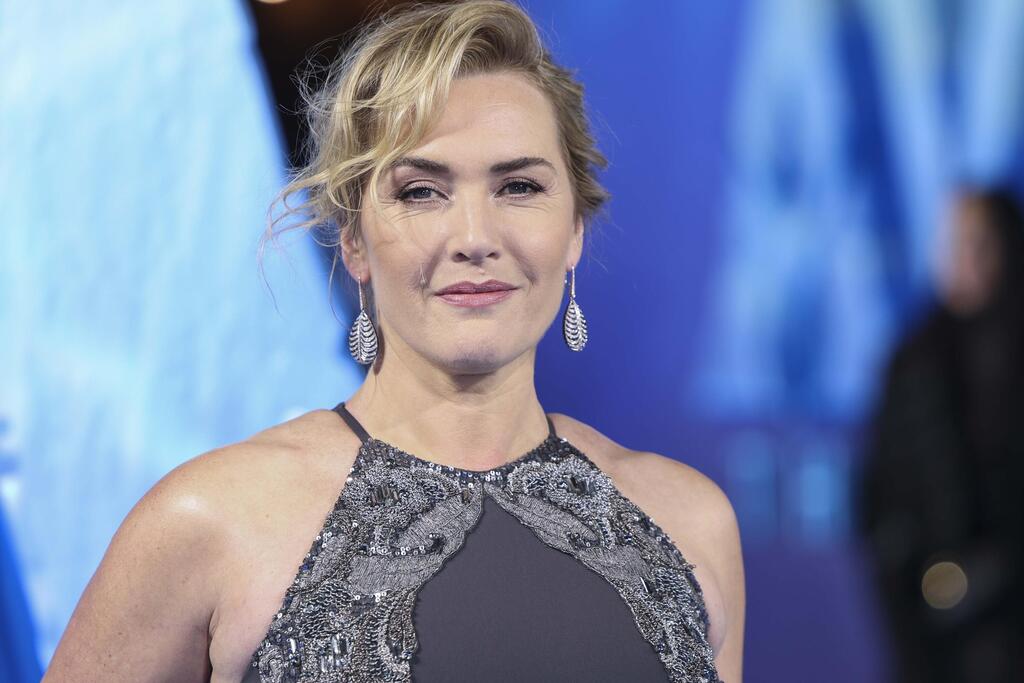The Regime
(Video: HBO)
According to data released by the Pew Research Center in March 2023, only 13 out of the 193 UN member states are governed by women. In nine of these countries, it's the first time that a woman has been appointed to the role.
More stories:
The question of how culture promotes female leadership arises from watching HBO’s satirical drama The Regime. The mini-series by Will Tracey, who wrote for Succession, Last Week Tonight with John Oliver and The Menu, places Elena Vernham at its center - a commanding figure in a fictitious Central European banana republic, and someone who has seen better days in terms of her mental health.
She envisions the palace she never leaves as full of decay that poisons her lungs, cans staff like throwing away socks and is interested in her subjects as much as she is in the weather. And then, in a characteristic caprice, she draws a low-ranking and hotheaded soldier (played excellently by Matthias Schoenaerts) and turns him into someone too important, changing all the palace’s wild dynamics.
Elena is portrayed by actress Kate Winslet with unsurprising virtuosity, and with the same grace and effortlessness that the actress brings to the series promotion interview. Perhaps it's the long years in Hollywood or the six months of filming in the role of a politician: either way, Winslet has no problem covering 20 minutes with the same two or three messages.
"You just can't think like that," she tells Ynet when asked about the negative representation of female leaders. "When you're the actress asked to play the role of an invented female dictator who is completely delusional, living in an isolated world in complete paranoia with such huge vulnerabilities and insecure, it is my job to try and lift what was on the page off and bring it to life and I just felt very lucky. We all did as actors that the group of writers who had put these scripts together had completed the story before we all even read them, so that the whole thing was complete.”
"Elena, she's so unusual. She's so unique. It was my job to try and discover what was behind the mask,” she says, “you almost can't trust her, it's meant to be absurd. It's not real, it's not history, it's not a documentary. It's fairly agnostic in terms of real-life, that satirical darkness that hopefully is going to amuse people and entertain.”
So do you still think the world needs more female leadership?
"I miss Jacinda Ardern and I'm not even a New Zealander!”
Throughout the conversation, Winslet reiterates that the series isn’t a historical or documentary piece. But The Regime certainly seems to have been inspired by living anti-democratic rulers and regimes.
Also, the relationship between the imagined state and real powers, the United States chief among them, isn’t disconnected from real contexts. In fact, The Regime's cleverness stems from Elena's character not only being tyrannical but also charismatic and sharp, capable of touching the heart of the people when needed and also humiliating the hypocritical West through pressure tactics at her disposal.
"It's a geopolitical satire. And understandably, people will take from it what they want,” Winslet says. "What I loved was that it's a female dictator and I wanted to dig into who the person is behind the mask, you feel very uncertain about what she's going to do next. We wanted for her to look almost unnervingly perfect, to the point that you don't quite trust it.”
One of the important features of the character, for example, is the conversations Elena has with her deceased father, buried in the mausoleum built in his honor. "These scenes gave me so much in terms of insight into her back story and her childhood and how much trauma she carried," she says.
"That then impacted how I wanted to let that trauma live in her body: how she moves, how she talks and how she is with people. She had to feel extremely vulnerable and fragile, but fearless and kind of abrasive as well. I just had to be brave enough to try everything quite honestly and I have just never played a part like this before. I don't know how we all honestly did it.”
"I would say this to myself," she adds, "that I mustn't be like John Cleese in Fawlty Hours because even though he is so brilliant, he is almost overwhelming to watch because you feel like he's going to hurt himself all the time. You feel that something is going to go wrong and it becomes really kind of frightening to watch. I knew that I had to get the audience to that place with Elena so you could be completely reeled in by her story.”
'Becoming a successful actress has been a huge surprise to me'
With a trophy cabinet the size of several Russian provinces, including an Oscar for The Reader and Emmys for Mildred Pierce and Maree of Easton, the 49-year-old Winslet knows what it feels like when doors open for you wherever you are.
Therefore, she’s also aware of the danger that even actors and actresses of her caliber can become a bad combination of dictator and diva, but according to her, there is no chance she'll fall into that trap.
"I'm very fortunate that I had a very loving family," says Winslet, "I have three siblings and I had very kind, good parents, so I've always been extremely rooted in the real world and in reality. Becoming a successful actress has been a huge surprise to me. I never imagined that for myself and I’m grateful for the opportunities that have come my way. But the job I do is just a job. My job is no more important than the person behind the camera, or the person who's bringing the actors coffee. We all have a place, and we all have to look out for each other and work as a team.”
The Regime isn’t a one-woman show featuring Winslet: Hugh Grant leaves a mark despite a short appearance as the imprisoned opposition leader, Andrea Riseborough is amusing and touching as Elena's right hand, and as mentioned, Schoenaerts does an excellent job as well.
The series’ production and design are also impressive and convincing, and above all stands a tight script featuring sharp and poignant dialogues. But Winslet is what gives The Regime its essence.
Stephen Frears, who directed half of the series’ episodes, described her as an "old-fashioned movie star." When she hears this, Winslet holds back her laughter.
“My definition of an old-fashioned movie star is definitely not me, so let's just clear that up right now. They probably only said that because they just couldn't find other words. They probably would have been better off using words like ‘She seemed really nervous and deeply insecure, troubled, experimental.’ That's how we all felt around that table at that read-through. Matthias was speaking really quietly, and he was a little bit difficult to understand at the best of times, but even then, everyone was wondering ‘Huh? Is that how he's going to do his role?’”
"To me," she adds, "A movie star is almost an invention. It’s the way that we describe people who have achieved certain successes, doing the job that they do. I just try and do my job, try and stay humble, try and be kind, try and be grateful, which I am for everything that I have, and most importantly remember that when you're a woman and you're getting older, it's a good thing, it's not a bad thing. Anyone in a high-profile position in this industry needs to hang on to some of those things.”







